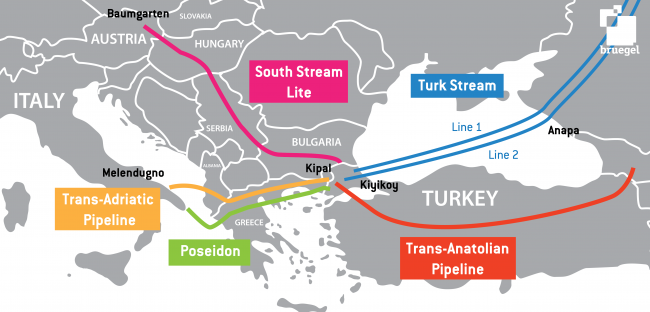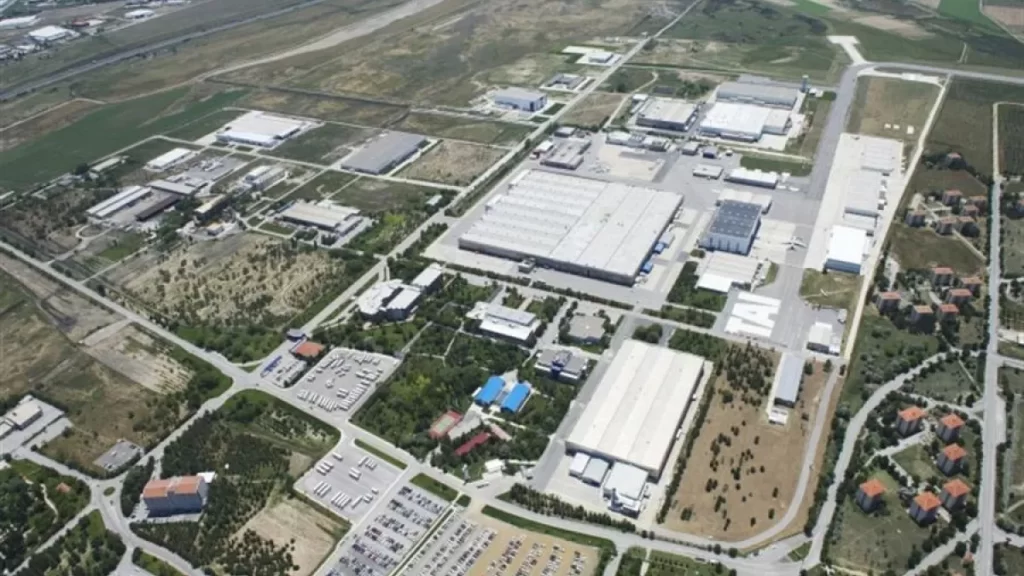Is Turkey’s Growing Partnership With Russia A Strategic Move Towards Independence, Or A Challenge To Western Dominance In Global Politics?
Erdoğan and Putin’s Meeting in Kazan: A Shift in Global Power Dynamics?
As the global order shifts towards a more multipolar world, nations like Turkey and Russia are playing increasingly significant roles in reshaping geopolitical power. The recent meeting between Turkish President Recep Tayyip Erdoğan and Russian President Vladimir Putin in Kazan is a clear signal of this changing landscape. This summit, which focused on energy cooperation, defense strategy, and the implications of these partnerships, demonstrates that Turkey is strategically repositioning itself. But is this shift simply a pragmatic move, or does it signal a more profound challenge to Western hegemony?

Energy Diplomacy: Turkey’s Strategic Advantage
Energy cooperation between Turkey and Russia has long been a cornerstone of their relationship. The TurkStream pipeline, a symbol of their mutual reliance, not only strengthens energy security for both nations but also enhances Turkey’s geopolitical leverage. As Europe seeks alternatives to Russian gas, Turkey is emerging as a key energy transit hub, further solidifying its importance on the global stage.
- Turkey’s Role in Bridging East and West: By positioning itself as a central player in the energy market, Turkey is not just ensuring its own energy security but also becoming a crucial mediator between Europe and Russia. This strategic role enhances Turkey’s autonomy, allowing it to maintain relationships with both Eastern and Western powers without fully committing to either side.
- Russia’s Interests in Turkey: For Russia, maintaining a strong relationship with Turkey is critical, especially in the face of Western sanctions. The ability to bypass Ukraine via TurkStream is not just a matter of energy efficiency but also of geopolitical necessity.
In this context, the Kazan meeting was more than just about energy—it was a clear statement that both nations are seeking greater independence from Western-dominated energy markets.

Defense Cooperation: A Move Towards Independence?
Turkey’s defense industry has grown significantly over the past decade, and its partnership with Russia, particularly through the controversial purchase of the S-400 missile defense system, has raised eyebrows in the West. NATO, in particular, has been critical of this move, as it represents a deviation from the traditional defense partnerships within the alliance.
- Turkey’s Pursuit of Military Autonomy: Turkey’s decision to diversify its defense partnerships, especially with Russia, is not just a tactical move but a broader strategy aimed at reducing dependency on Western defense systems. This pursuit of military autonomy is part of Turkey’s larger vision of becoming a self-sufficient regional power.
- Implications for NATO: While Turkey remains a NATO member, its increasing ties with Russia, especially in the defense sector, raise questions about the future of the alliance. Is Turkey signaling a shift away from NATO, or is it merely asserting its right to pursue an independent defense strategy?
This defense cooperation is not without its challenges, but it underscores Turkey’s willingness to defy Western pressure in favor of national interests.
Previous News: Ankara TUSAŞ Explosion: Coincidence or a Warning?
TUSAŞ Explosion: A Warning or Mere Coincidence?
As Erdoğan and Putin discussed strategic energy and defense cooperation in Kazan, an explosion rocked the Turkish Aerospace Industries (TUSAŞ) facility in Ankara. The timing of this event is too striking to ignore. Could this explosion be a deliberate warning to Turkey, signaling discontent from those who oppose its growing independence, particularly in the defense sector?
- The Timing of the Attack: The fact that this attack occurred while Erdoğan was engaged in high-level talks with Putin adds a layer of complexity to the event. Was this a mere coincidence, or a calculated message from actors unhappy with Turkey’s strategic pivot?
- A Threat to Turkey’s Defense Growth: TUSAŞ is a symbol of Turkey’s rapidly expanding defense capabilities, and an attack on such a key institution suggests that Turkey’s ambitions are being met with resistance. As Turkey seeks to challenge traditional power structures, such incidents may become more frequent, especially from those who benefit from maintaining the status quo.

Geopolitical Implications: A Challenge to Western Hegemony?
Turkey’s evolving relationship with Russia, especially in the context of Erdoğan’s interest in BRICS, signals a potential shift in its traditional alignment with the West. The Kazan meeting was not just about bilateral relations—it was about Turkey’s broader strategy to diversify its international alliances and reduce its reliance on Western-dominated institutions like NATO and the European Union.
- BRICS and Turkey’s Strategic Realignment: Erdoğan’s efforts to strengthen ties with BRICS nations (Brazil, Russia, India, China, and South Africa) reflect Turkey’s desire to play a more independent and autonomous role in global affairs. This shift challenges the Western-dominated global order, as Turkey seeks alternatives to the economic and political structures controlled by the West.
- Russia’s Role in a Multipolar World: Russia, for its part, views Turkey as a key partner in its efforts to undermine Western influence and create a more balanced global power structure. The Kazan meeting reinforced this partnership, particularly as both nations navigate sanctions, regional conflicts, and shifting alliances.
Turkey’s move toward BRICS and closer ties with Russia raises an important question: Is Turkey’s strategic realignment a deliberate challenge to Western hegemony, or is it simply a pragmatic response to the changing global landscape?

A Delicate Balancing Act
The Kazan meeting between Erdoğan and Putin highlights the complex dynamics of modern geopolitics. As Turkey seeks to redefine its position in a multipolar world, its partnerships with countries like Russia offer new opportunities, but also present significant challenges. The energy and defense agreements discussed in Kazan, combined with the TUSAŞ explosion back in Ankara, underscore the delicate balancing act Turkey must navigate between East and West.
As Turkey continues to assert its independence, it must carefully manage its relationships with both Western and non-Western powers. The path forward is filled with both strategic opportunities and risks, and how Turkey navigates this landscape will determine its role in the future of global affairs.
Previous News: Ankara TUSAŞ Explosion: Coincidence or a Warning?
More News On The Topic: Ankara TUSAŞ Explosion: Coincidence or a Warning?













